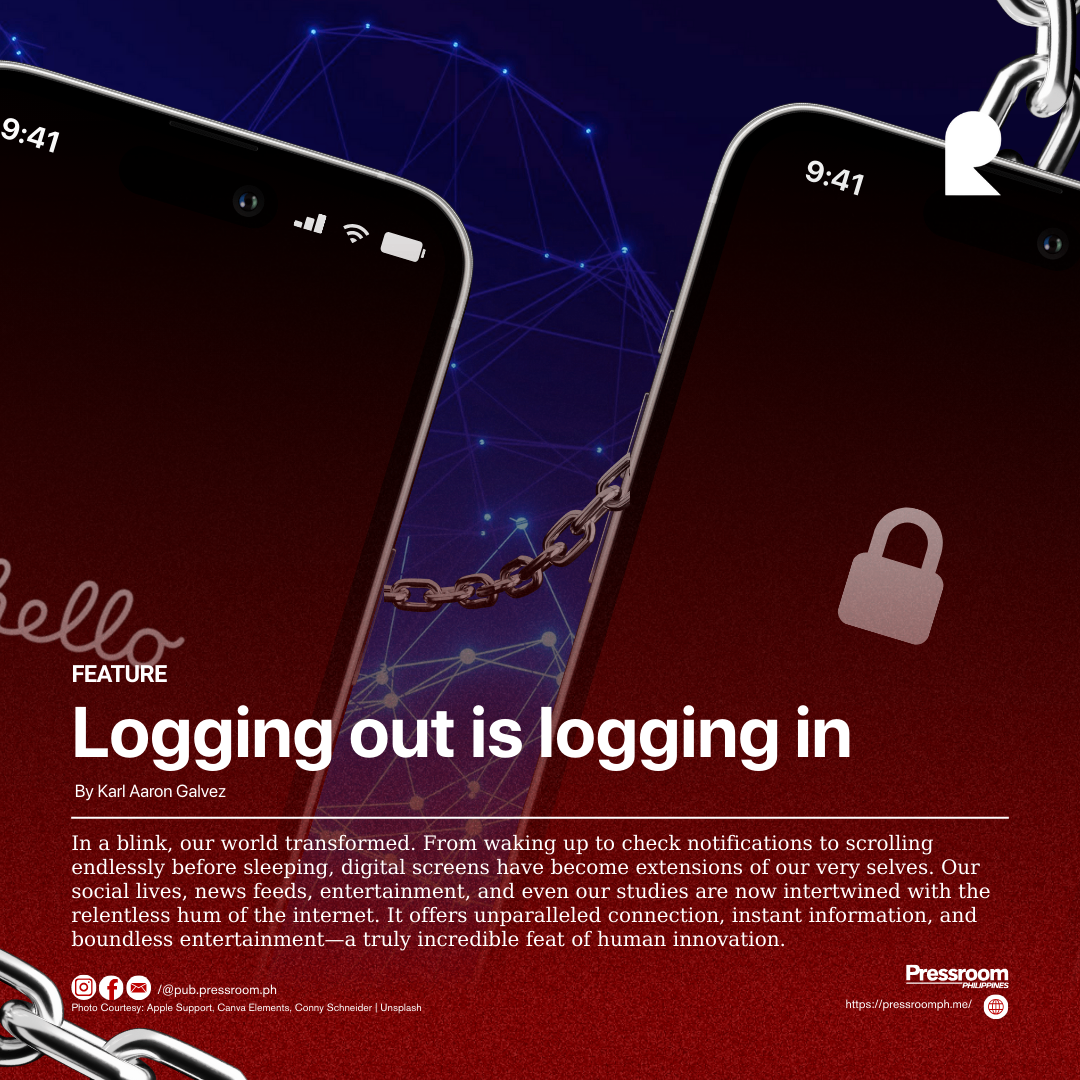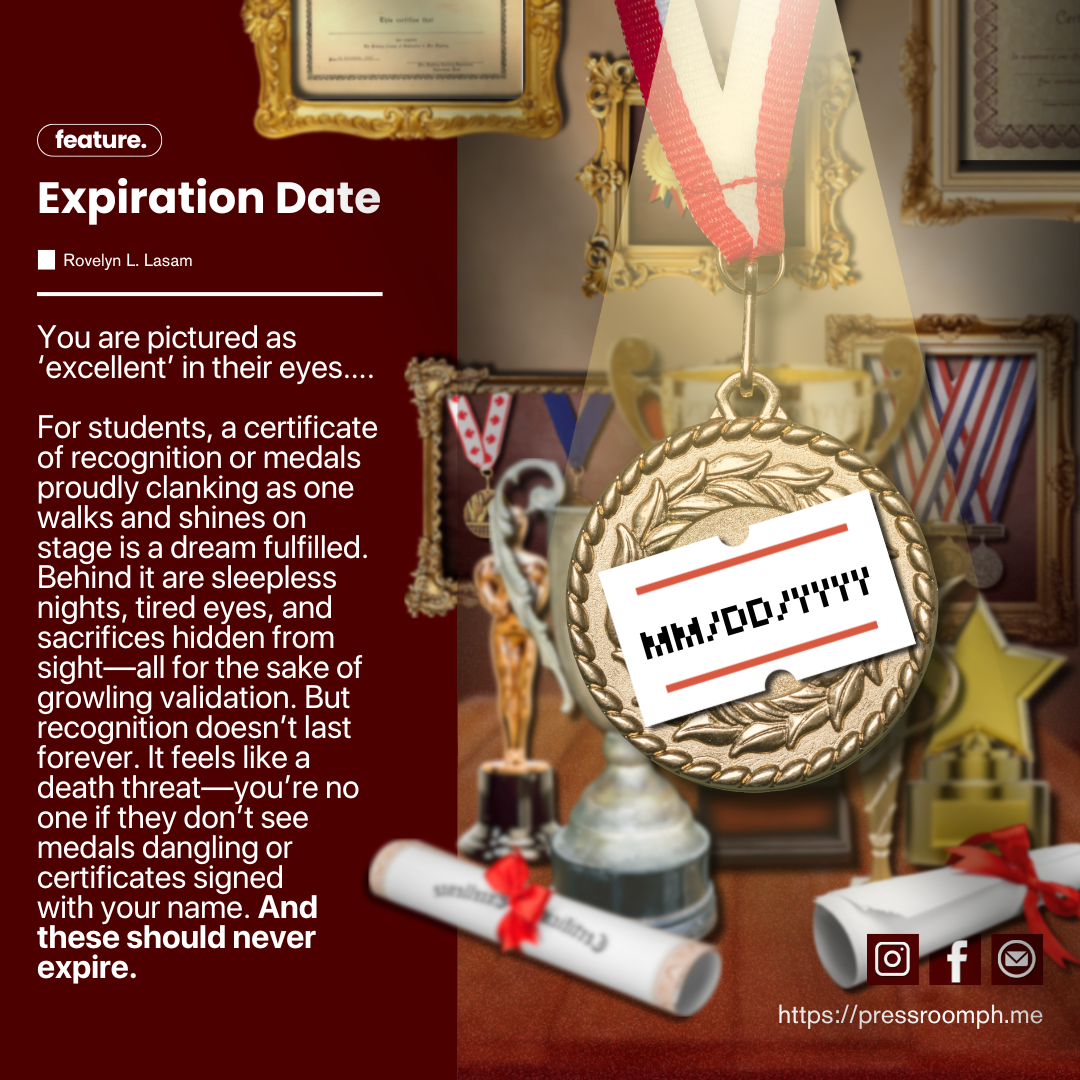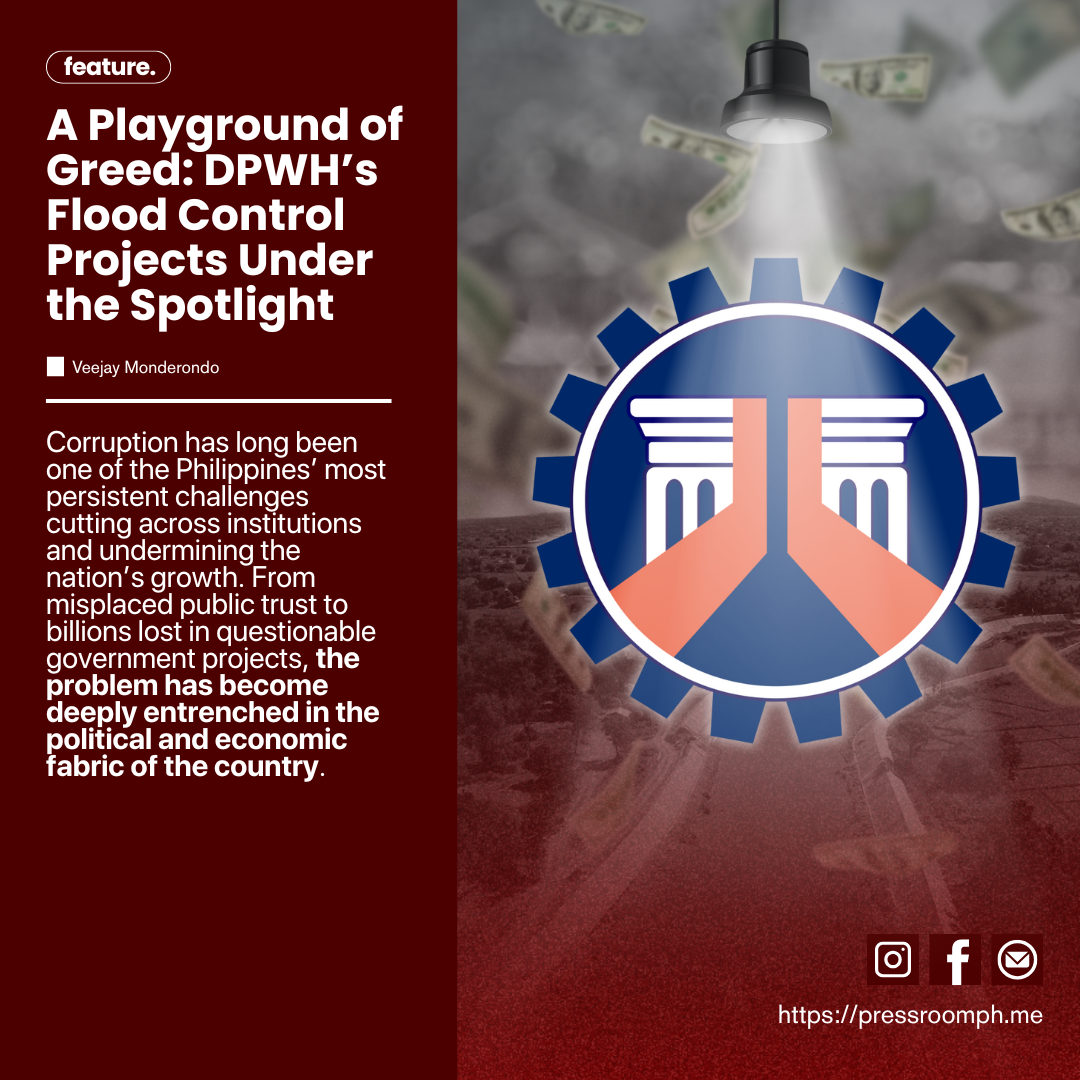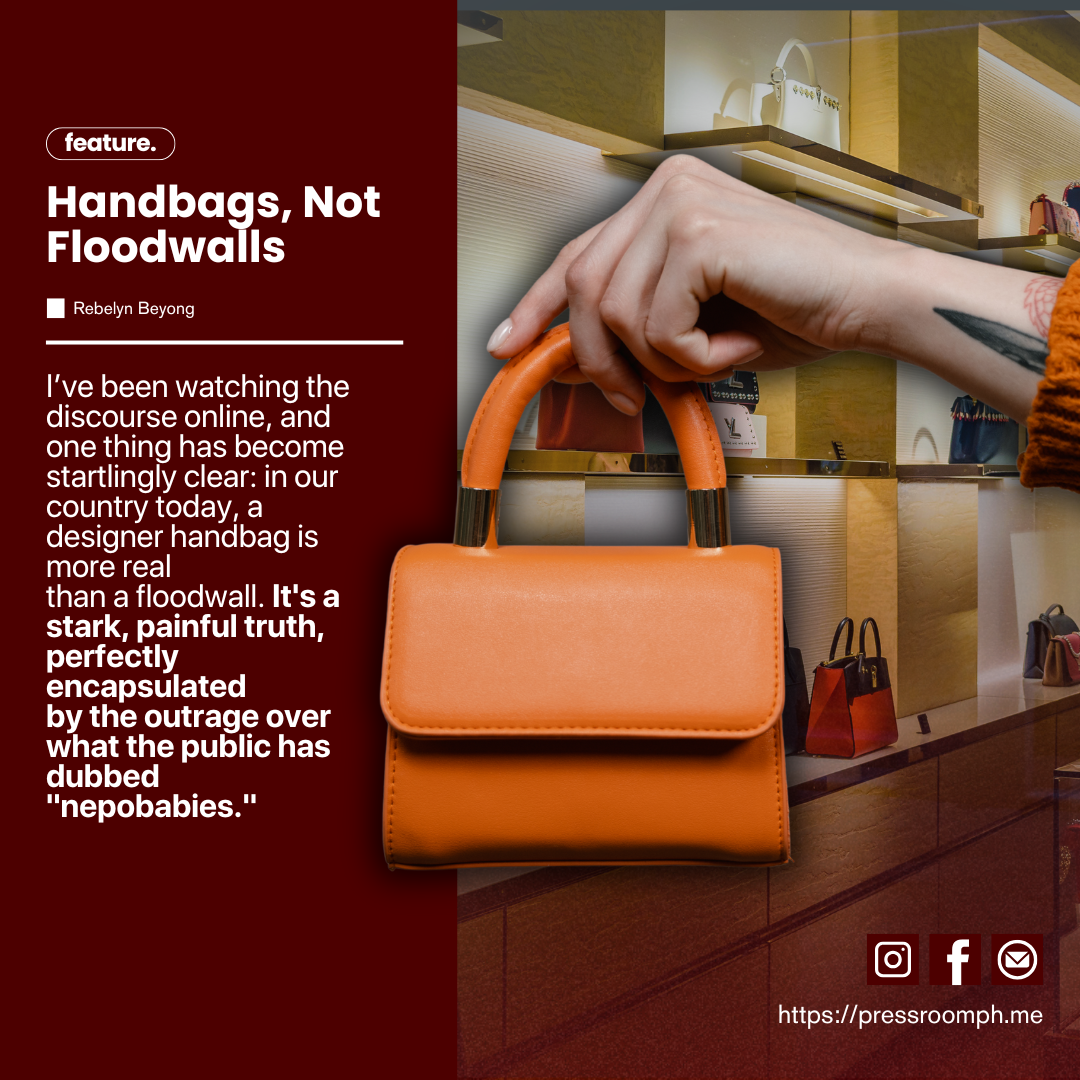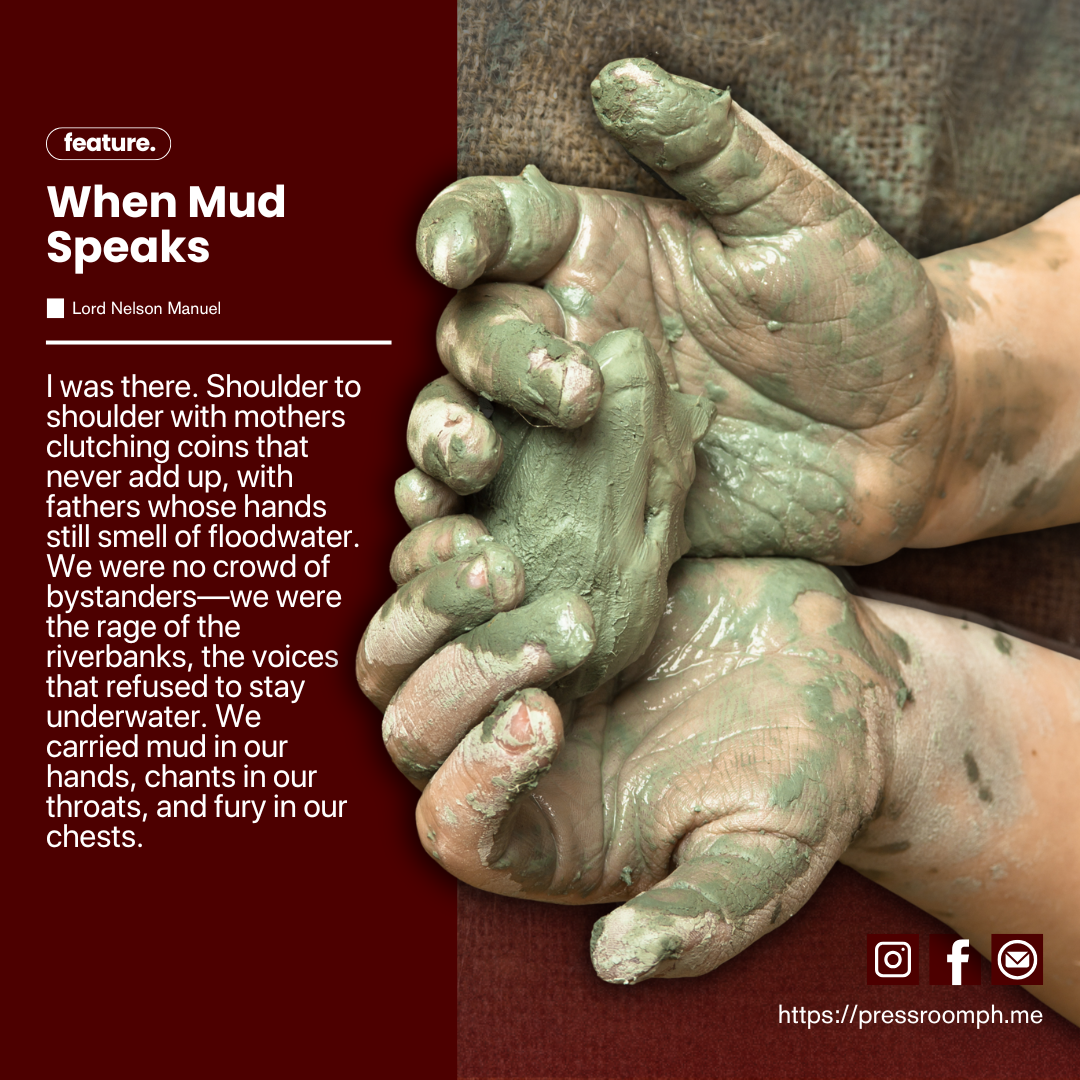𝘃𝗶𝗮 𝗞𝗮𝗿𝗹 𝗔𝗮𝗿𝗼𝗻 𝗚𝗮𝗹𝘃𝗲𝘇, 𝗣𝗿𝗲𝘀𝘀𝗿𝗼𝗼𝗺 𝗣𝗛
In a blink, our world transformed. From waking up to check notifications to scrolling endlessly before sleeping, digital screens have become extensions of our very selves. Our social lives, news feeds, entertainment, and even our studies are now intertwined with the relentless hum of the internet. It offers unparalleled connection, instant information, and boundless entertainment—a truly incredible feat of human innovation.
Yet, amidst this dazzling convenience, a quiet struggle is emerging: how do we find balance? The constant ping of notifications, the curated highlight reels of others' lives, and the sheer volume of information can leave us feeling overwhelmed, anxious, or perpetually behind. The fear of missing out keeps us tethered, while the pressure to maintain an "online presence" can feel like another chore in an already busy day.
Many of us have felt it—that subtle drain, the feeling of being "on" all the time, or the unsettling realization that hours have slipped away while scrolling. It's in these moments that the idea of a "digital detox" begins to sound less like a luxury and more like a necessity. But what does it truly mean to detox from something so integral to our daily existence? It’s not about abandoning technology entirely, but rather about regaining control and fostering a healthier relationship with our devices.
For some, it might mean setting strict "no-phone" zones during meals or before bedtime. For others, it’s designating specific times each day to be completely offline, perhaps dedicating that time to a hobby, spending quality time with family and friends in person, or simply enjoying the quiet of their own thoughts. It could be as simple as turning off non-essential notifications or consciously choosing to leave your phone in another room while you work or study.
The beauty of finding balance is rediscovering the richness of the offline world. It's about being fully present in conversations, noticing the vibrant colors of the sky, truly tasting your food, or allowing your mind to wander without immediate digital distraction. It's about reconnecting with nature, pursuing forgotten hobbies, or simply giving your brain the much-needed space to breathe and recharge.
This isn't about shaming our digital lives; it's about empowering ourselves. It's about recognizing that our attention is a valuable resource and choosing where to invest it wisely. By mindfully managing our relationship with technology, we can reclaim our time, reduce mental clutter, and foster deeper connections—both with ourselves and the world around us. It's about more than just logging out; it’s about pulling back the digital curtain. It’s about remembering that the most vibrant stories, the most profound connections, and the truest growth are not always found in the digital space, but in the boundless, beautiful world that, for too long, might have been obscured by the glow of our screens.
